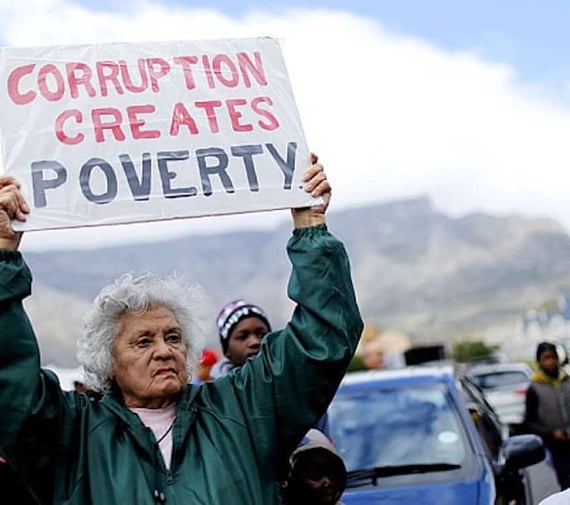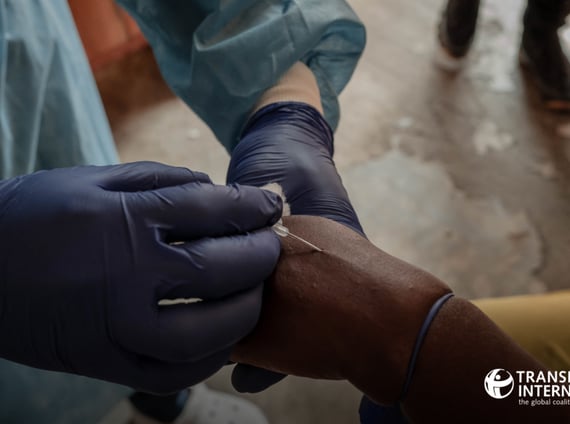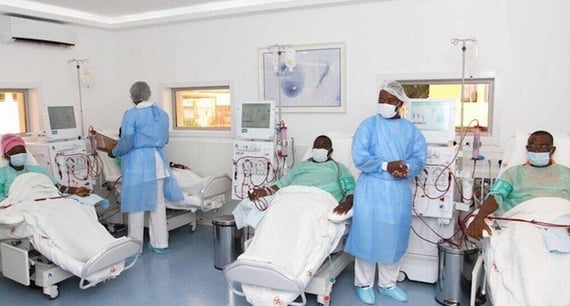
Share Your Story. Inspire Change.
Have you witnessed or experienced corruption? Your voice matters.
Corruption in Numbers
Here are some powerful statistics that highlight the scale and urgency of the corruption crisis in Africa:
Over 130 million people in Sub-Saharan Africa have paid a bribe in the past year to access basic services like health care, education, or identity documents. (Transparency International, 2021)
9 in 10 Africans believes corruption is increasing in their country.
25% of African citizens say they’ve been asked to pay a bribe by a public official.
$148 billion is lost annually to corruption in Africa — around 25% of the continent’s GDP. (African Union)
In some countries, police and judicial systems are ranked among the most corrupt institutions.
Only 1 in 10 Africans feels safe reporting corruption — showing a lack of trust in protection for whistleblowers.


🕵️♂️ The Whistleblower Who Exposed a Billion-Dollar Theft – Nigeria
In 2016, a whistleblower in Nigeria helped expose the theft of over $43 million hidden in a Lagos apartment by corrupt government officials. Thanks to this report, the government recovered the money and launched investigations into top-level embezzlement. The whistleblower protection program was later expanded — proving that one voice can make a difference.


Real Stories of Corruption in Africa
🏥 Fake Health Contracts During COVID-19 – Kenya
During the pandemic, $23 million meant for medical supplies and PPE were siphoned off through fake contracts and inflated prices. A government audit revealed that many hospitals remained under-equipped while funds vanished into private pockets. Public outrage pushed for arrests and reforms in procurement systems.


"The $20 Million Ghost Hospital – Zimbabwe"
In 2019, Zimbabweans were shocked to discover that $20 million had been paid for the construction of a new hospital that never existed. The project was announced with political fanfare, and funds were allocated from public health budgets. But when journalists investigated, they found an empty field — no building, no equipment, no workers.


